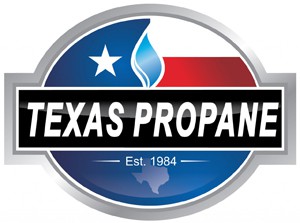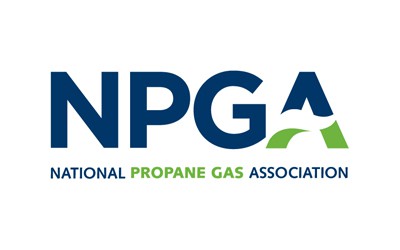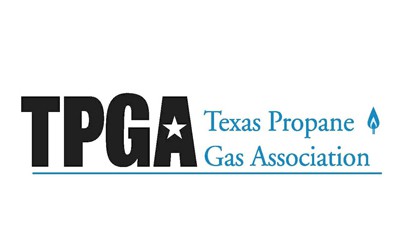Propane Cylinder Explosions
The Strength of Propane Cylinders
Before exploring the issues that can lead to a ruptured container, one must first understand the integrity of a propane bottle. This is necessary because the likelihood of a cylinder explosion is exponentially remote even if there’s extreme damage to the cylinders as a result of forceful blows to the container shell.
By design, all propane gas containers can withstand extensive external damage. The integrity of a cylinder may be compromised due to forceful impact, but the containment of liquid propane is secure.
Explosions of Propane Cylinders
When browsing the internet, it can be easy to find cylinder explosion videos. However, most of these videos share a common theme. The propane cylinders are being placed on a fire source of extreme heat.
Many of these propane cylinders explode after being shot at while on fire. This is because fire reduces the integrity of steel propane containers.
Propane Cylinder Storage Fires and Explosions
One of the more potentially dangerous situations regarding propane cylinders involves storage. While the storage itself isn’t dangerous, the potential danger is possible if there’s irresponsible behavior and/or human error.
For example, a group of cylinders in storage cages are all secure and filled, properly positioned and legal in all respects. However, one of the cylinders has a slightly open bleeder valve. This is allowing a small amount of propane out of the tank.
Someone walks by the propane cylinder cage smoking a cigarette and leans down to inspect the hissing noise coming from the cylinder. The cigarette ignites the propane resulting in a small fire that under most circumstances would be manageable, but the person panics and runs inside to call the fire department instead of using an available fire extinguisher to put the fire out. In the meantime, the original fire from the bleeder valve is directly impinging on the adjacent cylinder, which results in the opening of their relief valves and subsequent igniting of the escaping propane gas. The original fire has become a catalyst for a chain reaction of propane cylinder fires.
Some of the cylinders rupture as a result of direct flame impingement, intense heat and over pressure. Due to human error, a once manageable (and preventable) fire has now become a dangerous situation.
These are just the basics of propane cylinder explosions. For more information on propane safety, or to schedule your next propane cylinder refill, contact us here at Texas Propane with the link below!







